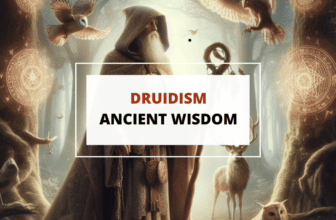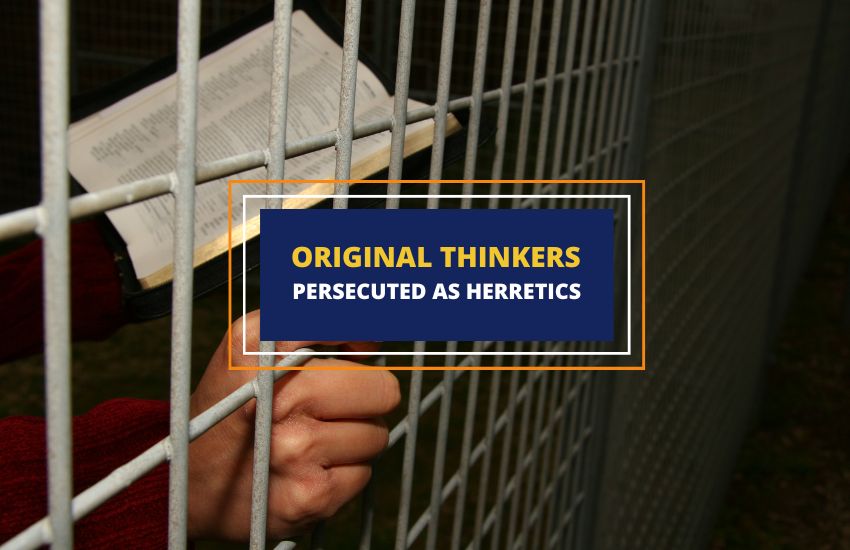
Table of Contents
In every era, there have been individuals who dared to challenge their time’s established beliefs and systems. These thinkers and philosophers often faced persecution and were labelled as heretics by the authorities of their respective societies.
Despite the risk of punishment, imprisonment, and even execution, they refused to back down from their ideas and beliefs. Their contributions to human knowledge and progress have been immeasurable, but their struggles often go unnoticed.
In this article, we’ll explore the stories of 10 such individuals, looking at their lives, ideas, and the consequences of their perceived heresy.
We’ll examine the circumstances surrounding their persecution and how their ideas eventually gained acceptance and changed everything we knew about the world.
1. Galileo Galilei
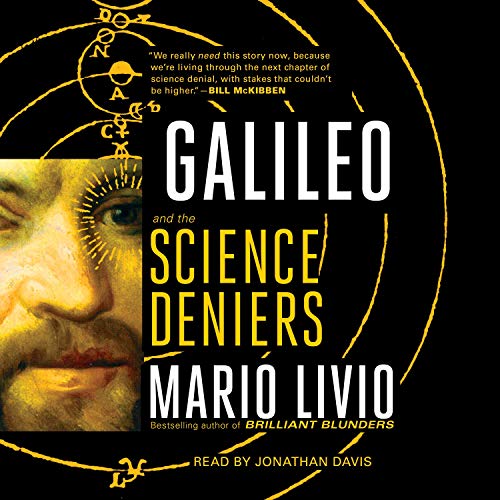
Galileo Galilei is widely regarded as one of the most brilliant minds in history. However, he was labelled a heretic for his ideas about the nature of the universe. In the early 17th century, Galileo challenged the prevailing belief that the Earth was the center of the universe, advocating instead for the heliocentric model, with the Sun at the center.
Galileo’s ideas were met with hostility from the Church, who viewed them as a threat to their authority and doctrine. He was summoned before the Inquisition and ultimately forced to recant his beliefs, spending the rest of his life under house arrest.
Despite this persecution, Galileo’s ideas continued to spread, laying the foundation for modern astronomy and our understanding of the universe.
Galileo’s legacy as a persecuted heretic is a monument to human curiosity and the importance of challenging accepted beliefs. His story serves as a reminder that progress often comes at a cost and that those who dare to question the status quo often pay a steep price.
But ultimately, we can advance our understanding of the world through their courage and determination.
2. Giordano Bruno
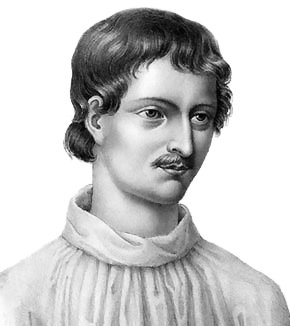
Giordano Bruno was a 16th-century philosopher and astronomer whose legacy extended far beyond his life. Bruno’s ideas about the universe challenged the traditional beliefs of the time, including the notion that the Earth was at the center of the universe.
He also believed in the Copernican system, which put the Sun in the center of the universe. He also proposed the idea of an infinite universe with many worlds and civilizations.
The Catholic Church considered Bruno’s ideas dangerous, and he was arrested and imprisoned for seven years. He refused numerous opportunities to recant his beliefs and was eventually burned at the stake in Rome in 1600.
Bruno’s legacy as a heretic is one of bravery and defiance in the face of persecution. His ideas about the universe and his insistence on intellectual freedom were ahead of their time.
Bruno has influenced many scientists and philosophers since his death. He has been celebrated as a martyr for science, and his story serves as a reminder of the importance of challenging conventional wisdom and fighting for one’s beliefs.
3. Hypatia
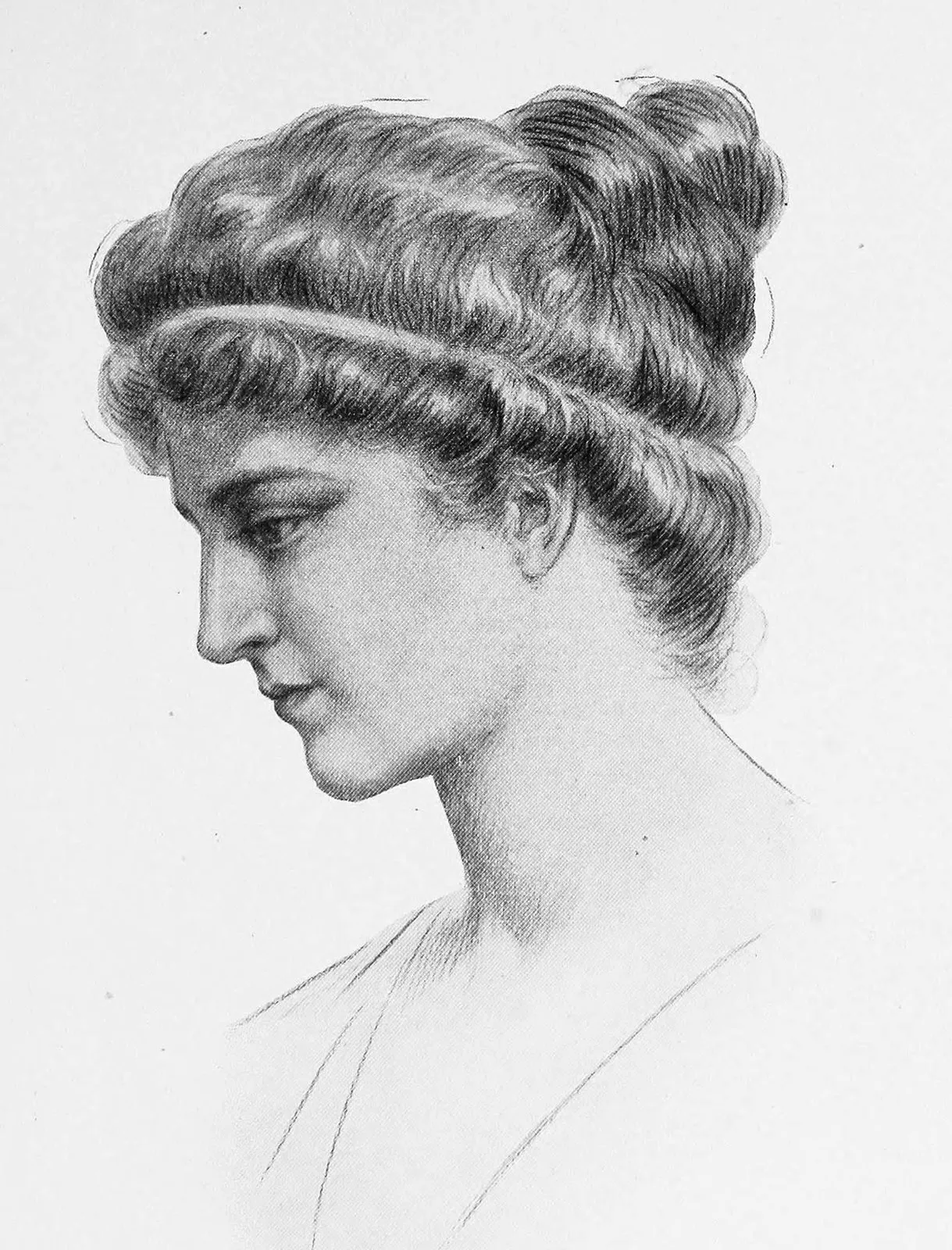
Hypatia was a philosopher, mathematician, and astronomer in 4th-century Alexandria, Egypt. She was one of the few prominent female intellectuals of her time and significantly contributed to astronomy and mathematics. However, her legacy is also marked by her murder by a Christian mob.
Hypatia’s death resulted from religious and political tensions between pagans and Christians in Alexandria. She was accused of teaching paganism and was ultimately killed by a mob of Christian monks who stripped her naked and beat her to death with roofing tiles. Her body was then burned, and her remains scattered.
Despite her tragic death, Hypatia’s legacy as a scholar and thinker inspires people today. She symbolized rational thinking and intellectual curiosity at a time when many were resistant to new ideas. Her work in mathematics and astronomy laid the foundation for future discoveries in these fields. The story of Hypatia stands as a reminder of the dangers of intolerance and fanaticism.
4. Thomas Aquinas
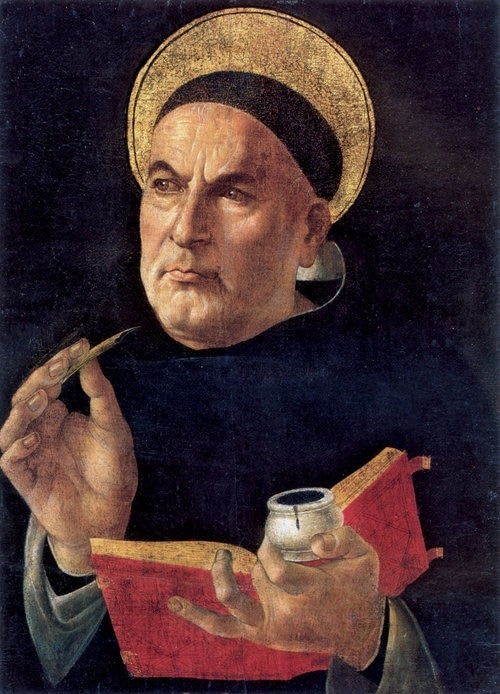
Thomas Aquinas is a name that has become synonymous with intellectual and philosophical greatness, but his path to prominence was far from smooth. Despite being canonized by the Catholic Church, Aquinas has once considered a heretic and faced intense persecution for his beliefs.
Born into a noble family in 13th-century Italy, Aquinas was destined for a life of privilege and power. However, he was drawn to the monastic life, much to the dismay of his family. He studied under the famed theologian Albertus Magnus and began to develop his own unique approach to philosophy and theology.
During this time, Aquinas faced opposition from the Church, which saw his ideas as sinful and excommunicated him. However, he remained steadfast in his beliefs and continued to write and teach.
Despite the persecution, Aquinas’ ideas had a lasting impact on philosophy and theology. His synthesis of Aristotelian philosophy and Christian theology marked a new path for thinkers. His story reminds us that true greatness often comes from those who challenge the status quo and blaze their path.
5. Jan Hus
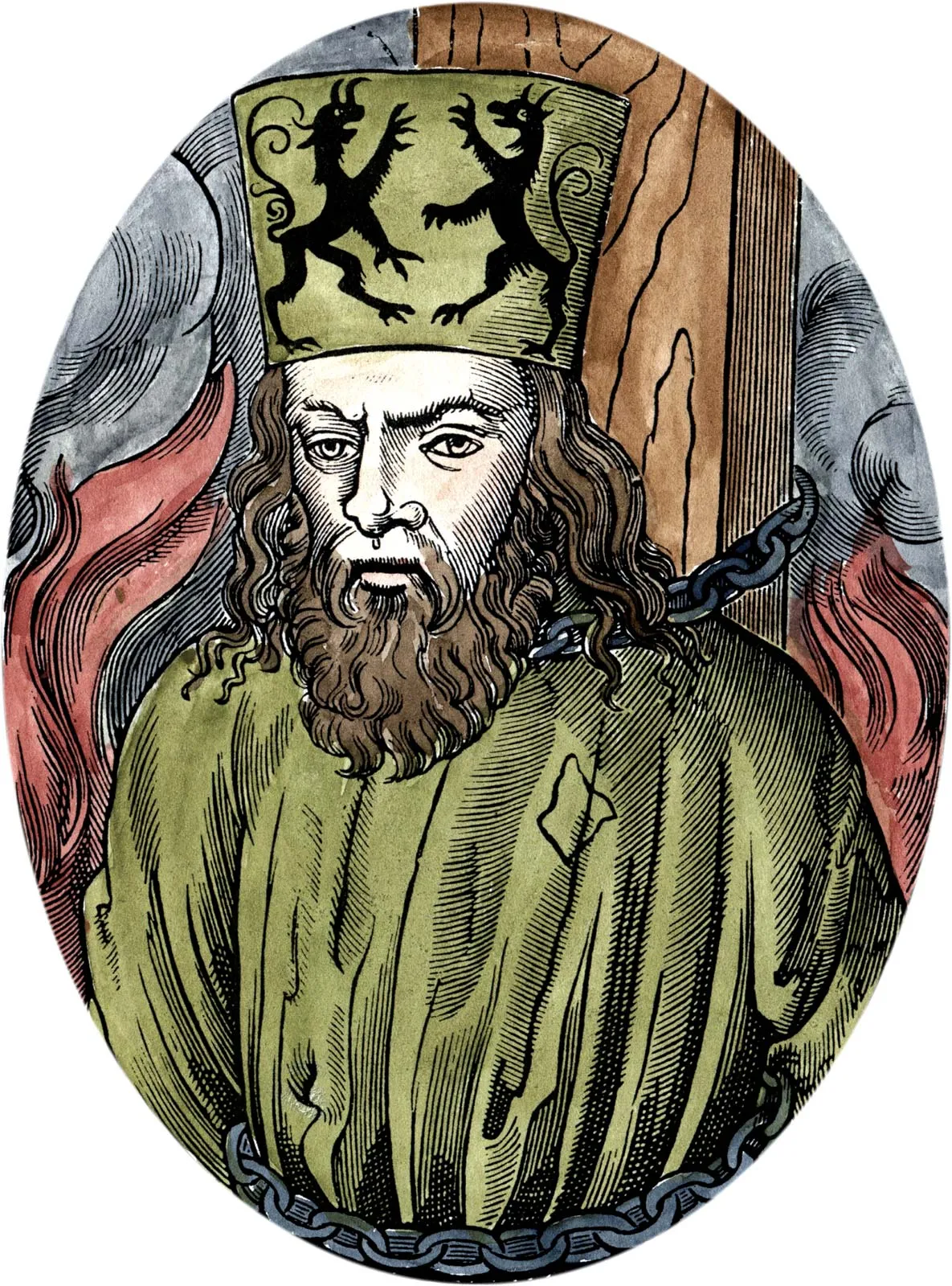
Jan Hus was a Czech theologian and philosopher whose legacy is marked by his resistance to the Catholic Church’s teachings. Despite facing persecution and ex-communication, he refused to back down from his beliefs, and his ideas would ultimately inspire the Protestant Reformation.
Hus’ journey began as a simple preacher, but he quickly rose to prominence for criticizing the Church’s practices. He believed the Bible should be the ultimate authority in matters of faith, not the Pope or the Church hierarchy.
His teachings earned him many enemies in the Church. The Church eventually excommunicated him. Despite this, he continued to preach and write, gaining a significant following in Bohemia and beyond. In 1415, Hus was summoned to the Council of Constance to defend his beliefs.
Despite promises of safe passage, he was arrested upon arrival and put on trial. The Church eventually burned him at the stake for his heresy.
Hus’ death sparked outrage across Europe and inspired many to take up his cause. His ideas would continue to spread, laying the groundwork for the Reformation and the eventual schism between the Catholic and Protestant churches.
6. Baruch Spinoza

Baruch Spinoza was a Dutch philosopher whose legacy was marked by rejecting traditional religious beliefs and embracing radical ideas. His ideas were so controversial that he was excommunicated from his Jewish community and faced constant persecution for his beliefs.
Spinoza’s philosophy was grounded in a belief in the unity of nature and the universe. He rejected the personal God and believed all things were connected and part of a greater whole.
The Jewish community rejected him as a heretic, and he was excommunicated in a public ceremony in 1656. His family also shunned him and forced him to flee Amsterdam to avoid further persecution.
Despite this, Spinoza continued to write and publish his ideas. His most famous work, Ethics, laid out his philosophical system and argued that knowledge was the key to happiness and understanding.
Spinoza’s legacy has had a profound impact on philosophy and theology. His ideas about the importance of reason paved the way for the Enlightenment and the rise of modern science.
7. William Tyndale
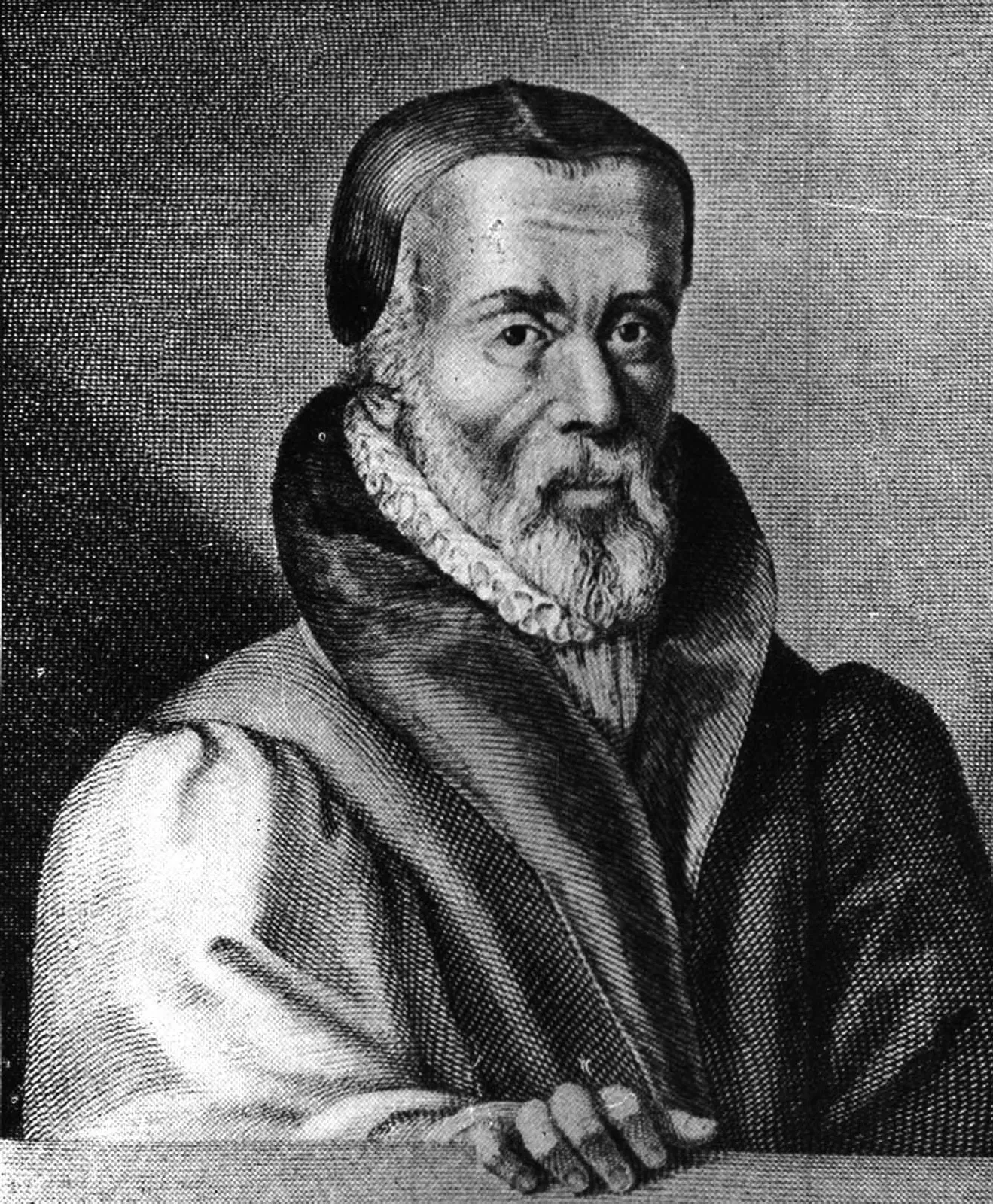
William Tyndale was a 16th-century English scholar who is best known for his work in translating the Bible into English. His legacy is marked by his resistance to the Catholic Church’s control over biblical interpretation and his ultimate martyrdom for his beliefs.
Tyndale’s work on the Bible was groundbreaking, as it allowed ordinary people to read and understand the text for themselves. However, the Church saw his ideas as dangerous, believing that only the clergy had the authority to interpret scripture.
Despite this, Tyndale continued his work and eventually fled to Germany, where he completed his translation of the New Testament. He smuggled copies back into England, where they were eagerly read by many, but also led to his capture and imprisonment.
Tyndale was eventually tried for heresy and sentenced to death. He was strangled and burned at the stake, but his legacy lived on through his Bible translation and became the basis for the King James Version.
8. Michael Servetus
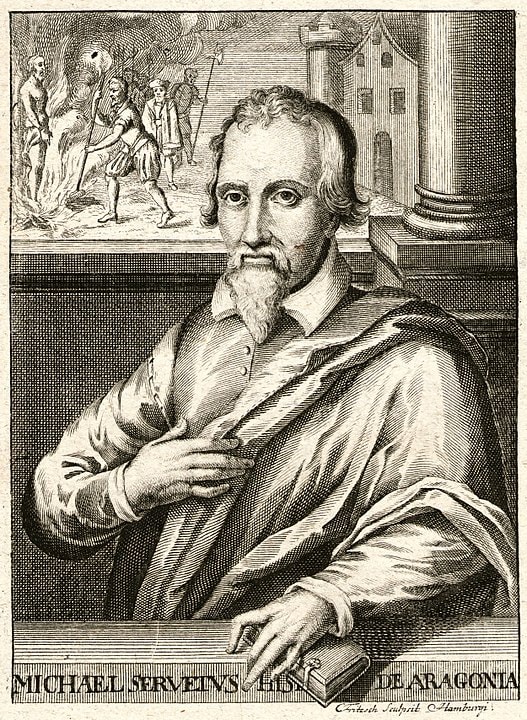
Michael Servetus was a 16th-century Spanish theologian whose legacy is marked by his resistance to traditional Christian doctrine and his ultimate martyrdom for his beliefs. His ideas were seen as heretical by both Protestants and Catholics, and he faced intense persecution for his beliefs.
Servetus rejected the doctrine of the Trinity and believed that Christ was not co-eternal with God. He also rejected the idea of infant baptism, arguing that baptism should only be given to those who could consciously choose to follow Christ.
His ideas were considered dangerous by both Protestant and Catholic authorities, and he was constantly on the run. Eventually, he was captured in Geneva and put on trial for heresy.
Despite being promised safe passage, he was sentenced to death by burning at the stake. Servetus’ legacy is complex, as he is often remembered as a martyr for his beliefs. However, many of his contemporaries also saw his ideas as radical and dangerous.
9. Joan of Arc
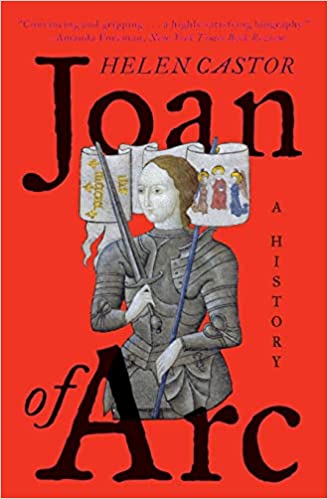
Joan of Arc was a French girl who lived in the 1500s. She is best known for her leadership in the military during the Hundred Years’ War. But her legacy is also marked by the fact that she was killed for heresy. Joan said God sent her visions telling her to lead the French army against the English.
Even though she had never been trained as a soldier, she inspired the French troops and led them to several important victories.
But her success didn’t last long because the English caught her and tried her for heresy. Her refusal to give up her visions and stop saying she had a direct line to God led to her being found guilty and burned at stake.
Even though she was hated, Joan’s story has been told for hundreds of years. She has been called a symbol of French patriotism and an example for women and religious people worldwide who don’t agree with the government.
10. Miguel de Molinos
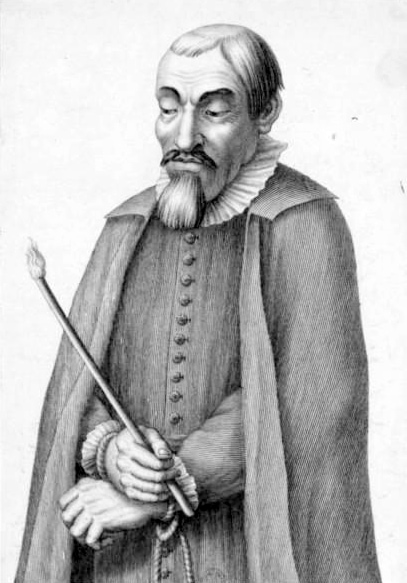
Miguel de Molinos was a Spanish mystic who lived in the 17th century. He is best known for his controversial ideas about spiritual contemplation and rejecting formal religious practices. Because of what he believed, he was persecuted and eventually put in jail.
Molinos thought that the best way to reach spiritual enlightenment was to spend time in quiet thought and give up formal religious practices. He also thought people could find God within themselves instead of through the Church.
His ideas threatened the power of the Catholic Church, and he went through plenty of trouble because of his beliefs. He was caught in the end and spent the rest of his life in prison. Even though he was persecuted, Molinos’ legacy has affected how people think about religion.
His ideas about the importance of individual thought and the rejection of formal religious practices were groundbreaking, and they still affect people who think today.
Molinos’ legacy shows how important it is to follow your path, even if you are persecuted, and how powerful spiritual freedom can be.
11. Thomas Hobbes
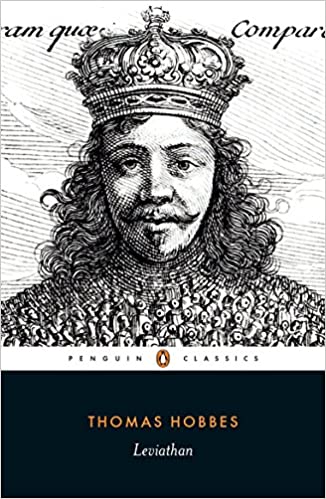
Thomas Hobbes, a seventeenth-century free thinker, was a philosopher, scientist, and historian whose groundbreaking work in political philosophy challenged dogmatic concepts of his time.
His most renowned work, Leviathan (1651), rejected the divine right of the ruler and proposed a social contract to achieve civil peace and social unity, overturning centuries of religious and political orthodoxy. As a result, Hobbes earned a dangerous reputation and was labeled a heretic by his enemies.
Accused of atheism, he faced severe punishment, including imprisonment and execution. Despite constant persecution, Hobbes continued to engage with political and intellectual elites, refining and expanding his ideas. His resilient spirit is a testament to the indomitable nature of original thinkers who challenge the status quo, even at great personal risk.
12. Voltaire

Voltaire, the pseudonym of François-Marie Arouet, was a renowned and original thinker during the Enlightenment era. His sharp intelligence and insightful critiques of religion, government, and societal norms made a lasting impact on 18th-century Europe’s intellectual landscape.
Voltaire championed the use of reason and rejected the notion that any authority should be immune to challenges based on reason. However, his audacious ideas made him a target for powerful forces that sought to silence him. Voltaire’s caustic satires and bold criticisms of the Catholic Church and the French monarchy earned him the enmity of the ruling class, and his works faced censorship and bans.
Despite the risks, Voltaire remained steadfast in his pursuit of intellectual freedom. His life exemplifies the power of the human spirit to endure and overcome persecution, and his ideas continue to inspire and provoke thought.
13. Mary Wollstonecraft
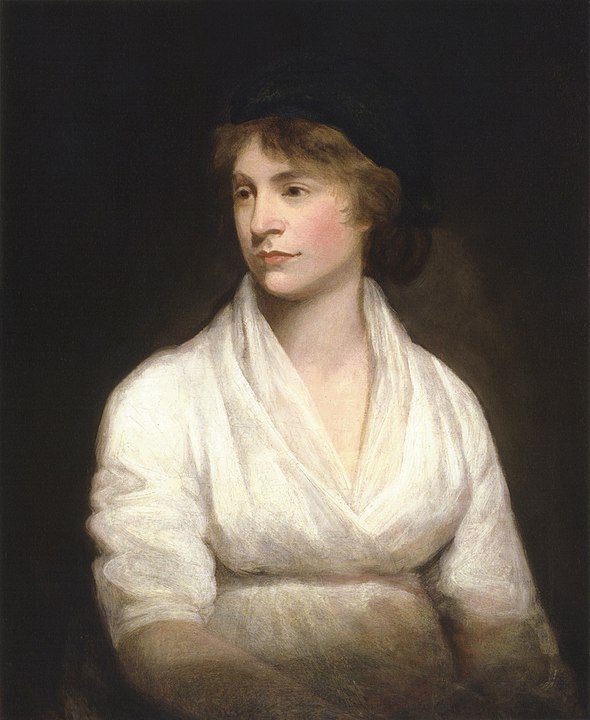
Mary Wollstonecraft was an innovative feminist philosopher and author in the 18th century, whose ideas challenged traditional gender norms. In her influential work, A Vindication of the Rights of Woman, she proposed women’s education and social equality, opposing the notion of their inferiority and subservience.
However, advocating for women’s rights in a male-dominated society was no easy feat. Wollstonecraft faced criticism and scorn, with her unconventional lifestyle choices and relationships drawing further ostracism. Despite these challenges, she persisted in challenging oppressive systems with her writing.
Her untimely death at the age of 38 did not dampen the impact of her ideas, which continue to influence future generations of feminists and social reformers. Wollstonecraft’s fearless advocacy created the foundation for the modern feminist movement, inspiring supporters of women’s rights with her enduring legacy.
14. Charles Darwin

Charles Darwin was a pioneering naturalist in the 19th century whose book, On the Origin of Species, revolutionized our understanding of the natural world. His theory of evolution by natural selection was groundbreaking, as it challenged the long-held belief in divine creation. However, his ideas faced fierce opposition from the religious establishment, who saw them as heretical and sinful.
Despite the controversy, Darwin remained committed to his work, refining and expanding his theories over many years. He fostered a global community of scientists and thinkers dedicated to advancing the understanding of evolution. Darwin’s unwavering dedication to the pursuit of truth and his meticulous observation and analysis laid the foundation for modern biology.
Charles Darwin’s legacy exemplifies the strength of original thinking and resilience against conformity. He demonstrated intellectual courage in the face of persecution and controversy, forever changing our understanding of the natural world.
15. Sigmund Freud
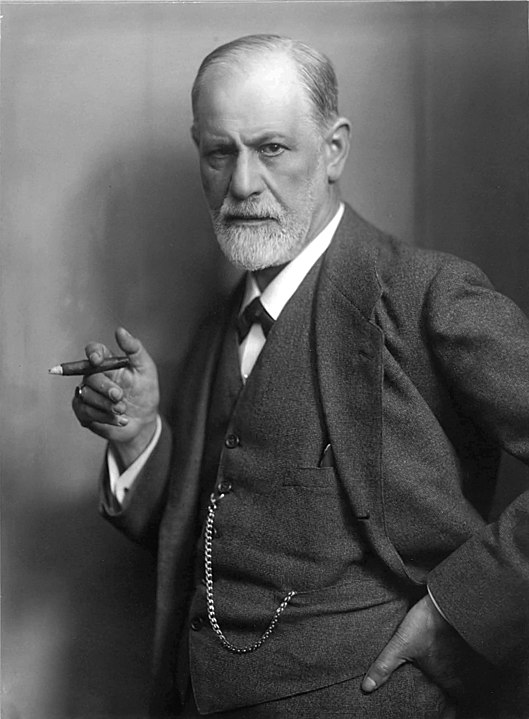
Sigmund Freud, the renowned psychoanalyst of the late 19th and early 20th centuries, transformed our understanding of the human mind. His revolutionary theories on the unconscious, dreams, and sexuality confronted the scientific and cultural beliefs of his time, ushering in a new era of psychology. Freud’s ideas on the unconscious and sexuality were met with fierce resistance from the conservative society of his time. His theories were ridiculed, deemed immoral and perverse.
Despite the pushback, Freud persisted. He refined his theories, publishing groundbreaking works such as The Interpretation of Dreams and Three Essays on the Theory of Sexuality. The psychoanalytic movement he founded attracted followers, and his ideas gained acceptance.
Freud’s strength was further tested when the Nazis rose to power. As a Jewish intellectual, he faced persecution and was forced to flee Austria. He continued to work and write until his death in London in 1939.
Freud’s life and work demonstrate the resilience of an original thinker who dared to challenge prevailing beliefs. Despite facing significant adversity, Freud’s pioneering ideas laid the foundation for modern psychology and continue to shape our understanding of the human mind. His unwavering commitment to his work exemplifies the unbreakable spirit of true pioneers
16. Martin Luther King
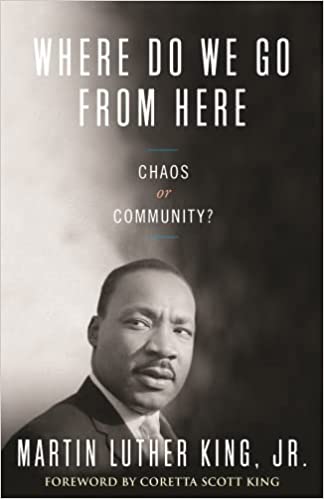
Martin Luther, a German theologian, challenged the teachings of the Catholic Church, leading to his excommunication and role in the Protestant Reformation. Luther’s Ninety-five Theses initiated the movement that reshaped Christianity and the Western world, causing him to face persecution for criticizing papal authority and church corruption.
Despite facing opposition, Luther’s ideas spread quickly through the printing press, challenging the Church’s power and making him a heretic. When summoned to the Diet of Worms in 1521, he refused to retract his views, proclaiming “Here I stand; I can do no other.”
Luther’s unwavering conviction led to his expulsion from the Catholic Church and being outlawed by the emperor. Despite the risks, he continued to advance his ideas while in hiding, translating the New Testament into German.
Luther’s life demonstrates the power of resilience and the courage to challenge authority. His bravery paved the way for religious and intellectual independence, inspiring others to stand firm in their beliefs and strive for transformation.
17. Blaise Pascal
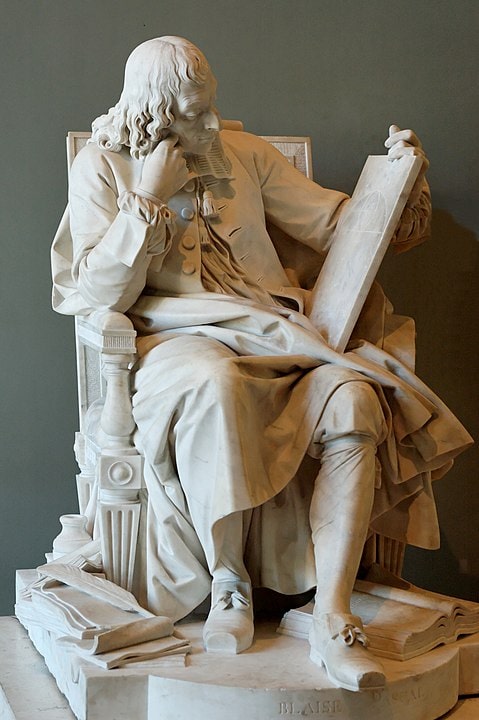
Blaise Pascal was a 17th-century scholar known for his exceptional contributions to mathematics, physics, and philosophy. He was a pioneer in probability theory, geometry, and fluid mechanics, and his discoveries have had a lasting impact on science.
Pascal’s work was not only confined to the scientific realm; he was also a prominent philosopher who wrote extensively on the nature of faith and human existence. He often challenged the religious beliefs of his time, which caused him to face criticism and opposition from the established authorities.
Despite this, Pascal remained steadfast in his pursuit of knowledge and understanding, devoting himself to his work even as his health declined. His writings on existentialism and theology continue to influence contemporary thinkers and have contributed significantly to the development of modern philosophy.
Pascal’s legacy is a testament to the power of curiosity, perseverance, and the willingness to challenge the status quo in the pursuit of truth.
18. Friedrich Nietzsche
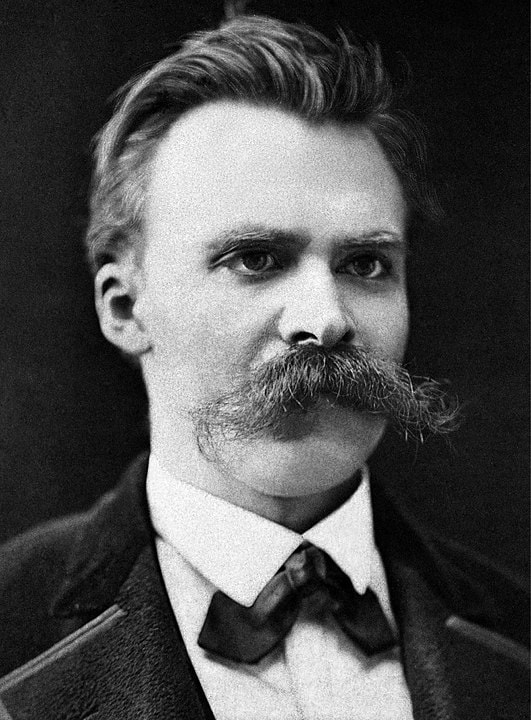
Friedrich Nietzsche was a highly influential thinker in the 19th century who challenged the entrenched beliefs of his time. His controversial ideas about morality, religion, and the human condition shook the foundations of traditional thinking and paved the way for the rise of existentialism and postmodernism.
Nietzsche’s declaration that “God is dead” caused a sensation in scholarly and religious circles, as his unflinching critique of Christianity and its conventional morality threatened the established order. He was viewed by many as a heretic and a threat to society’s structure. Nietzsche’s unrelenting attack on the sacred tenets of Western thought marked him as both an outsider and a visionary in philosophy.
Nietzsche’s pursuit of truth came at a great personal cost, as he endured illness, isolation, and financial difficulties while seeking to spread his radical ideas. Despite these challenges, Nietzsche accomplished a great deal, producing a body of work that continues to captivate and inspire modern thinkers.
Nietzsche’s philosophy of the will to power asserts the fundamental human drive to assert one’s independence, creativity, and strength against societal constraints. This philosophy stands as a powerful testament to Nietzsche’s own commitment to individual autonomy in the face of external pressures.
Wrapping Up
From Galileo and Giordano Bruno in the 16th and 17th centuries to the Hypatia of Alexandria in the 4th century, these individuals faced oppression and persecution but left a lasting legacy for humanity. Join us as we uncover the stories of these 10 thinkers who dared to challenge the status quo and paved the way for modern society.
The lives of these persecuted heretics are a powerful reminder of how important intellectual freedom, individual thought, and the courage to stand up for one’s beliefs, even in the face of persecution, are.
Even though the established authorities of their time fought hard against these people’s ideas, they didn’t back down. This led to new ways of thinking and inspired generations to come.
Their stories also show how dissent can change the way history goes. By questioning how things were and pushing the limits of what was accepted, these heretics helped make society more tolerant and open-minded.
People worldwide are still moved by their legacies to fight for justice, equality, and the freedom to think and speak. In the end, their stories show how strong the human spirit is and how the conviction of one person can change the world.







